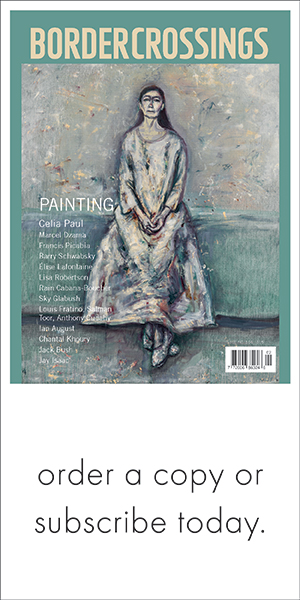Back in 1978, I was living in England and wondering whether to detach myself from London’s literary circles, move across the Atlantic and join my Canadian boyfriend. His persuasion tactics included mailing me novels intended as proof that this country’s vast geography contained more than trees and snow, and its intellectual landscape featured a culture in which I might feel at home.
What was in those Jiffy envelopes that regularly arrived in Kentish Town? Books by Margaret Atwood (scary funny), Margaret Laurence (angry), Alice Munro (mesmerizing), Mordecai Richler (intriguing) … and Robertson Davies. Davies was represented by his most famous novels: The Deptford Trilogy. For a young Englishwoman raised in middle class privilege in the unfashionable north of England, the small-town world of Dunstan Ramsay was strangely familiar. At the same time, Davies’s delight in magic and Jungian archetypes suggested a more interesting, complex image of Canadians than the...
Charlotte Gray is the author of numerous books, including Flint & Feather: The Life and Times of E. Pauline Johnson, Tekahionwake.

